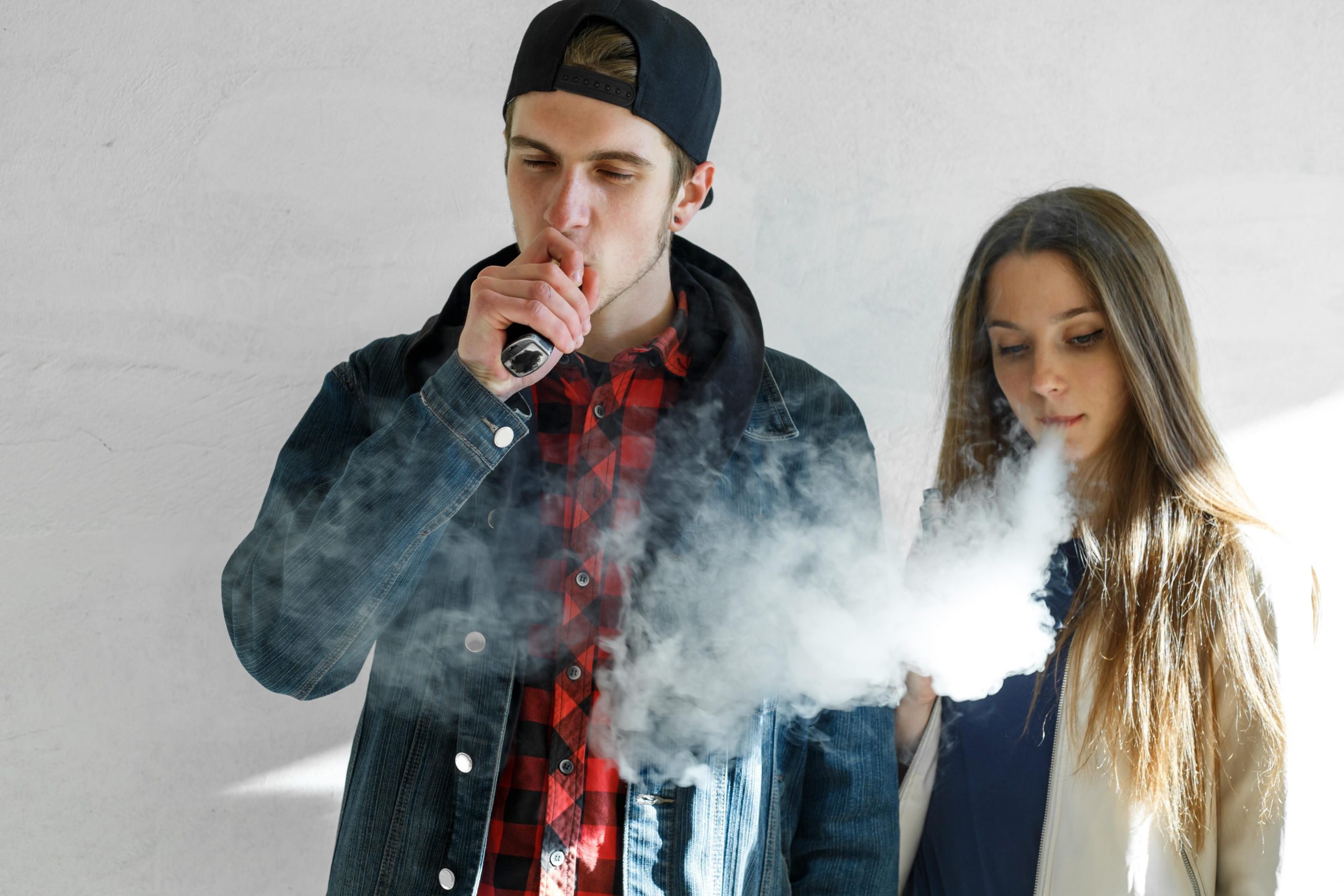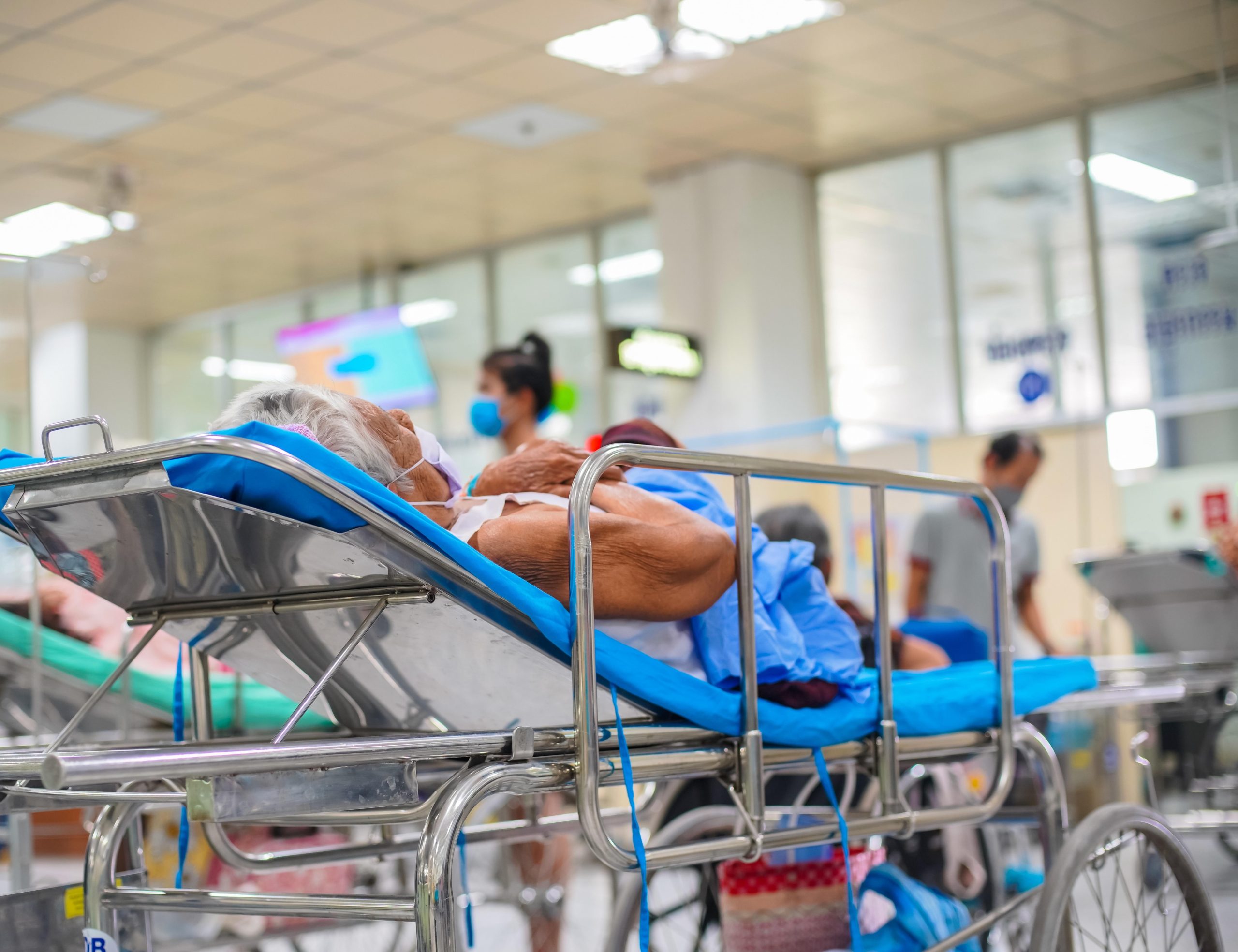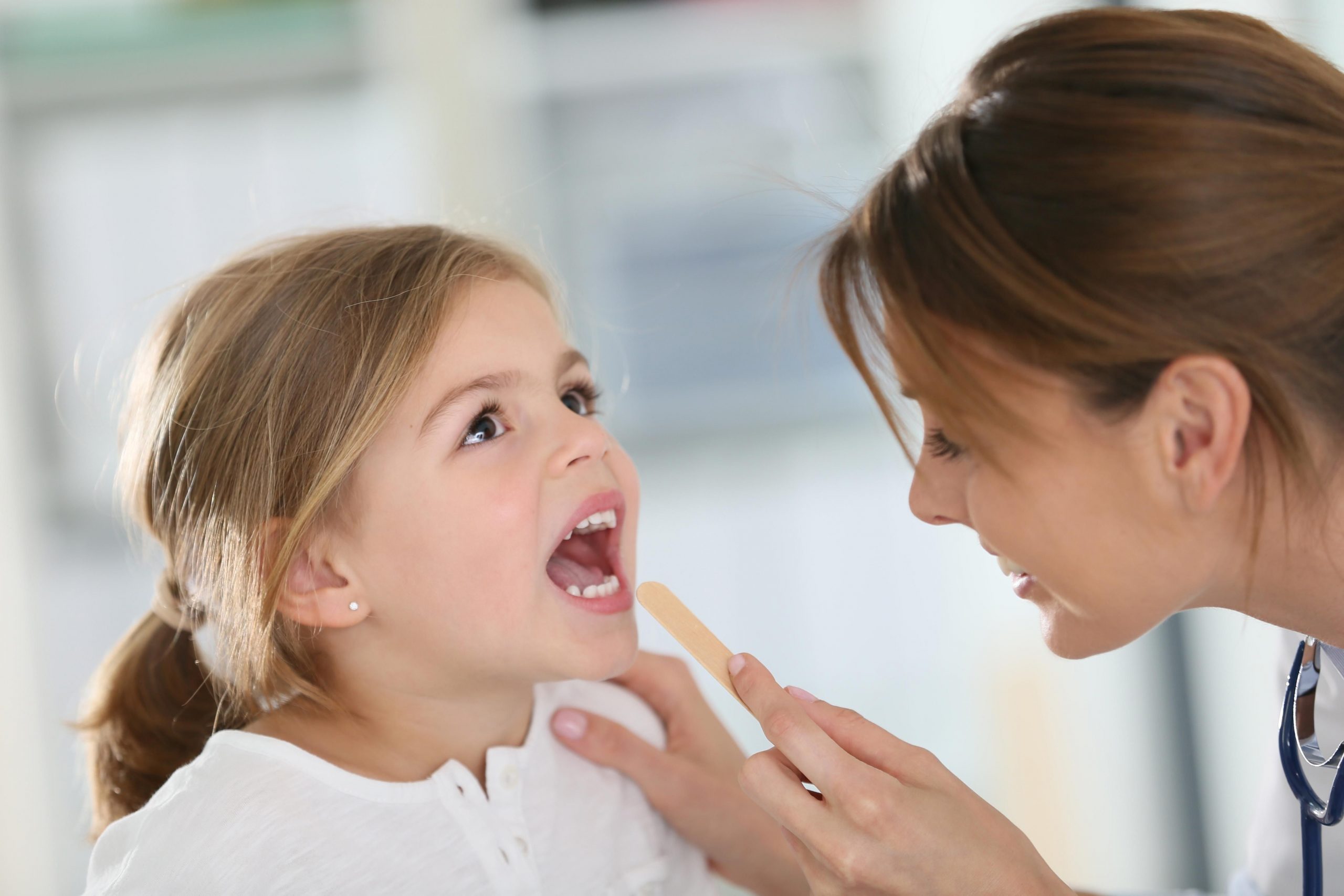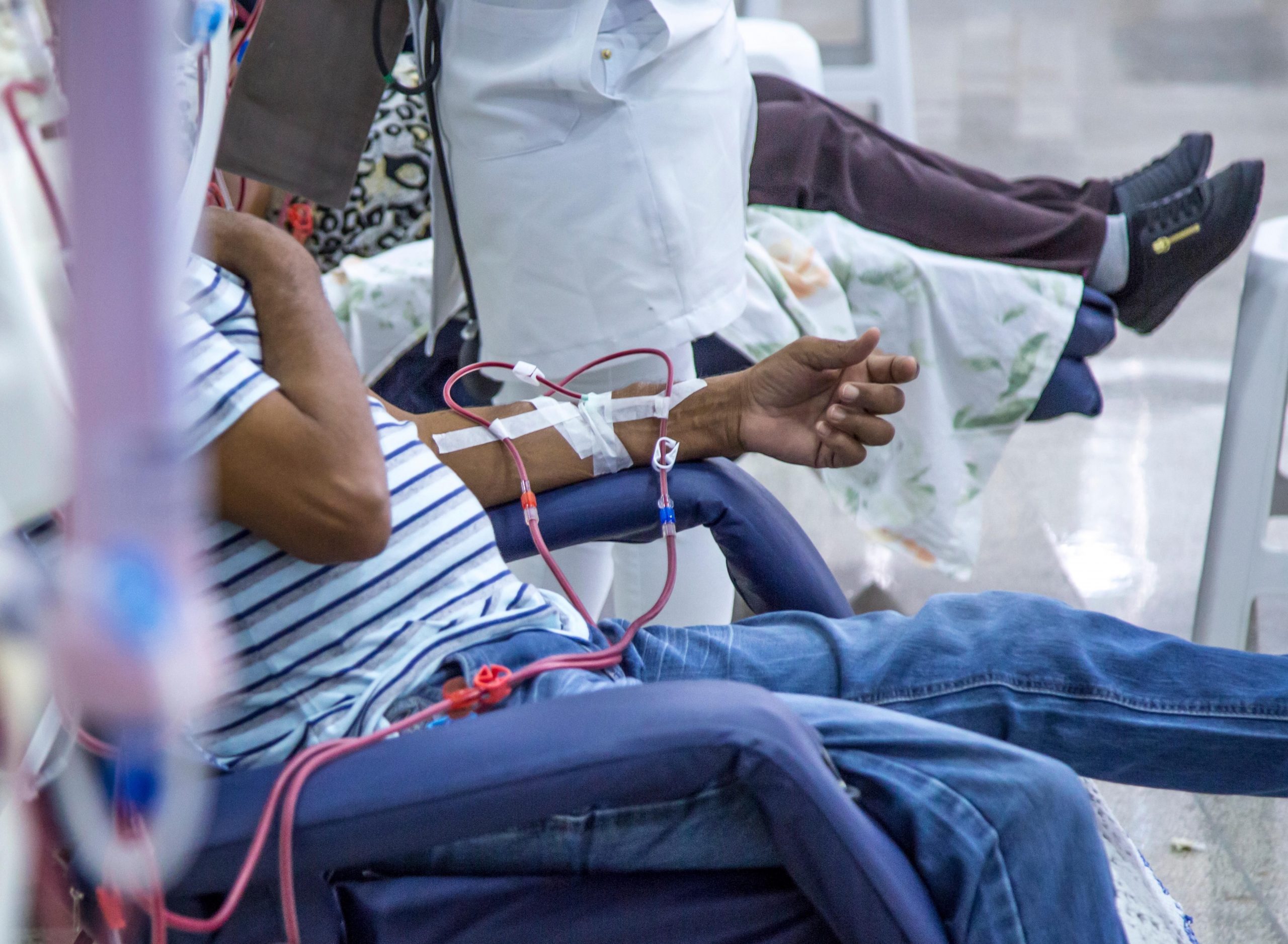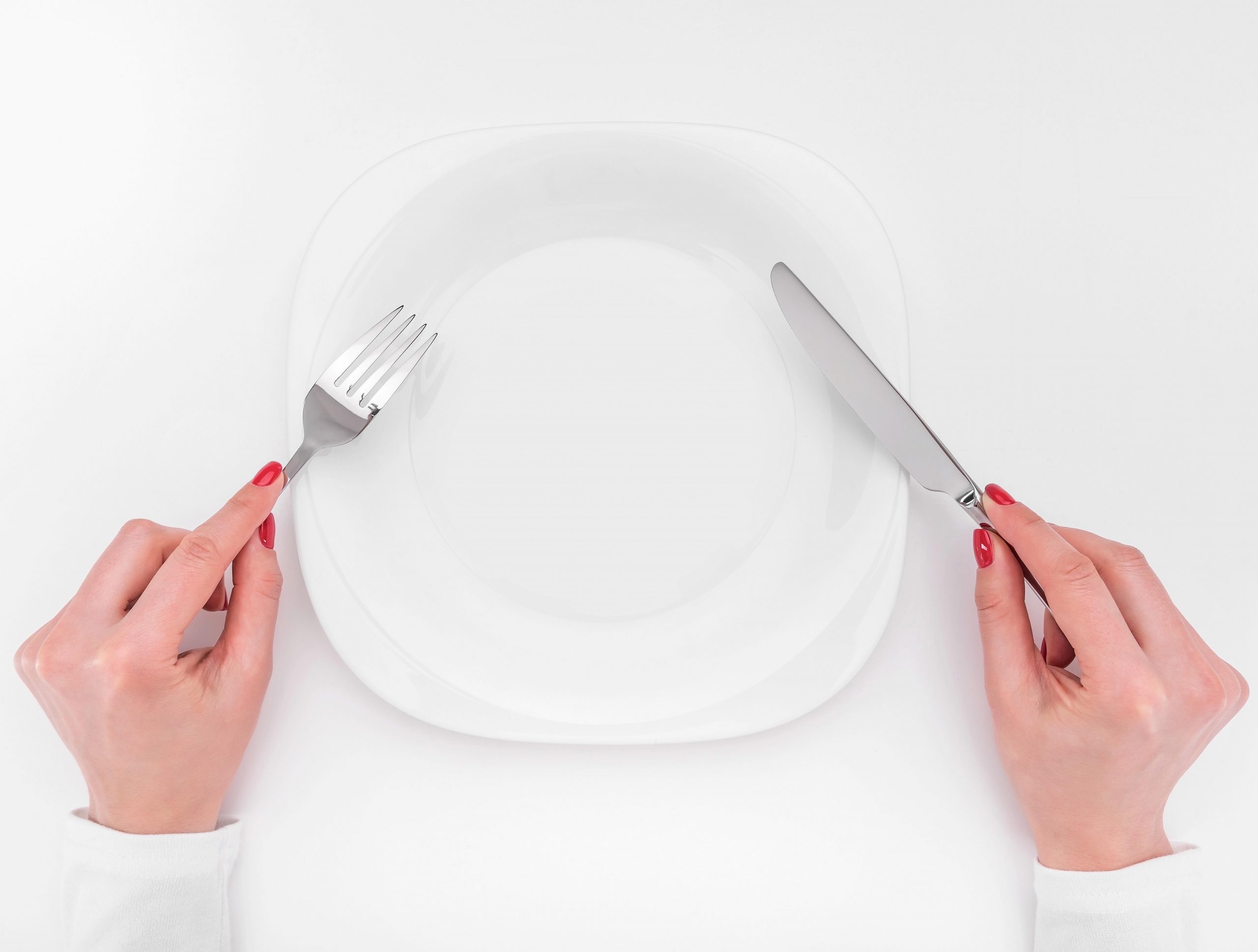
FRIDAY, Feb. 10, 2023 (HealthDay News) – New research links cannabis use in the first trimester of pregnancy to poor outcomes, closely related to functioning of the placenta. This is important information given that more U.S. states are legalizing marijuana for recreational use, researchers said. The study findings were presented Thursday at a meeting of… read on > read on >











